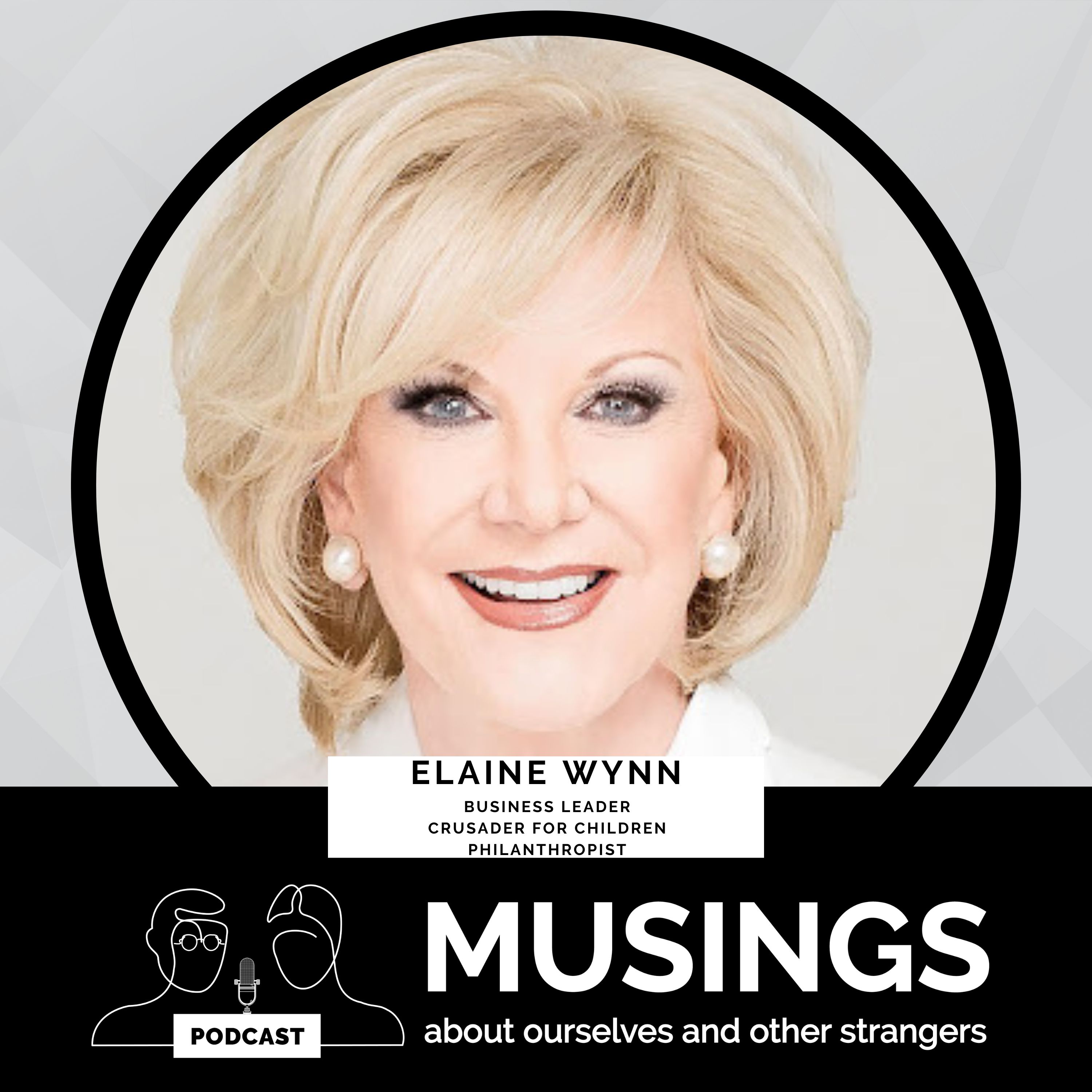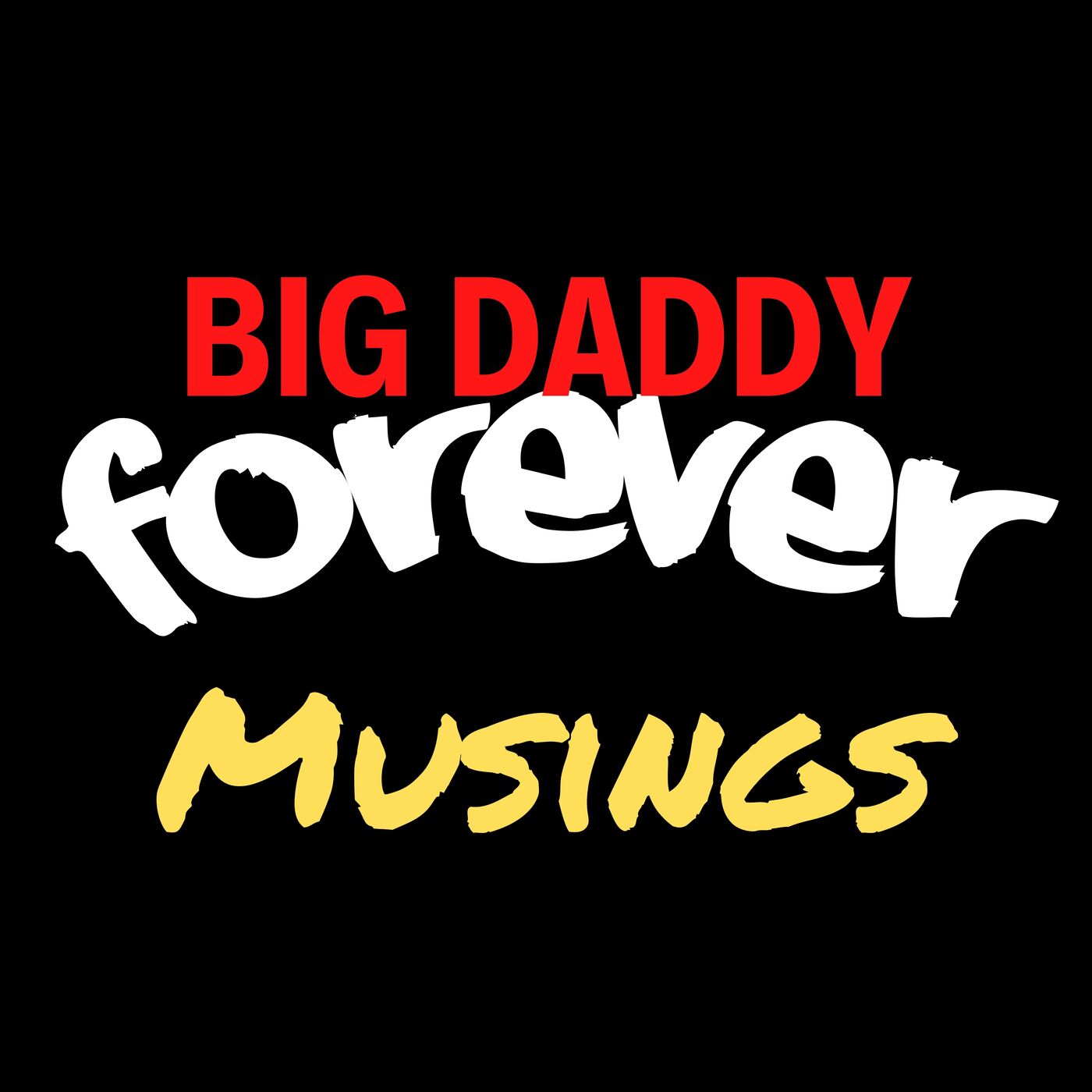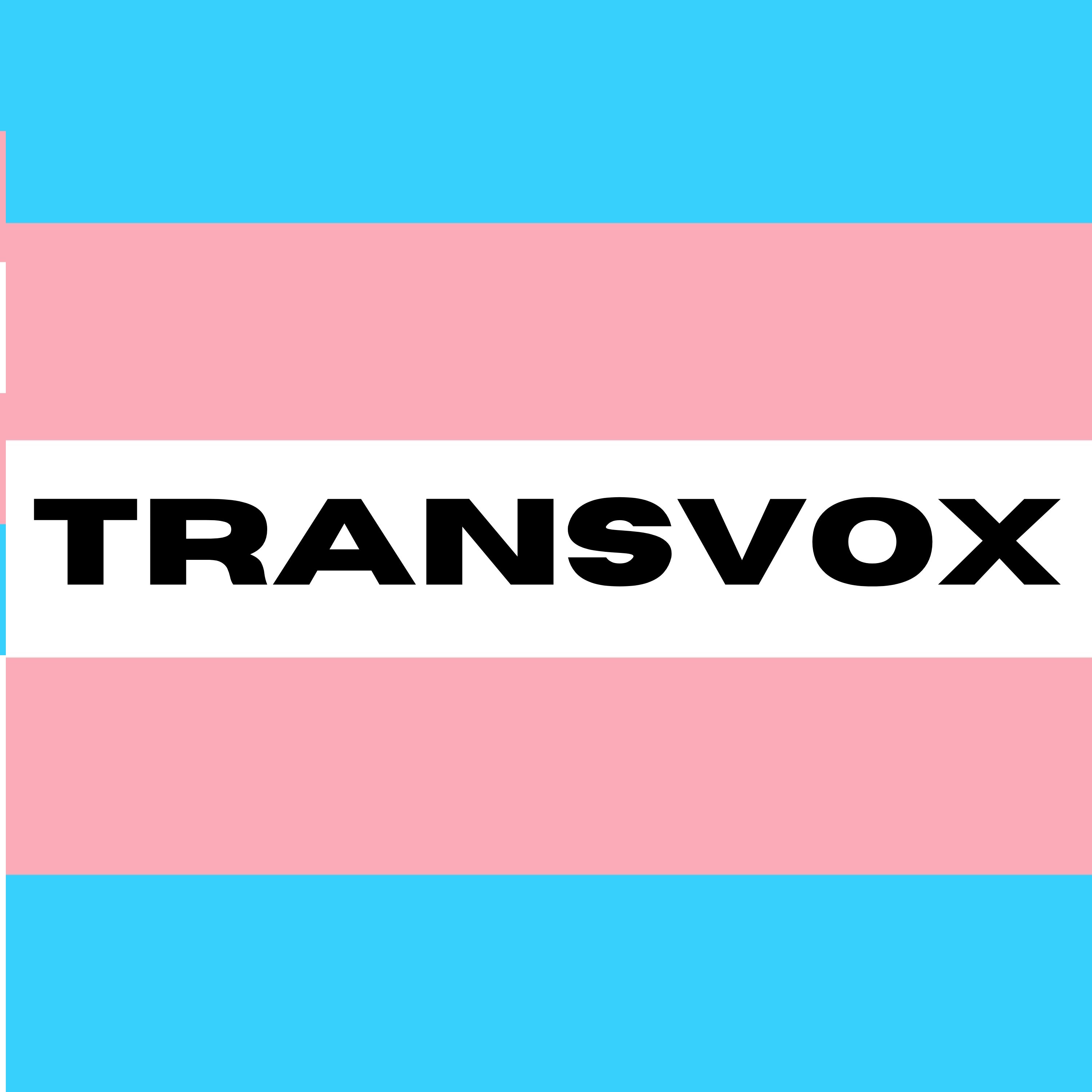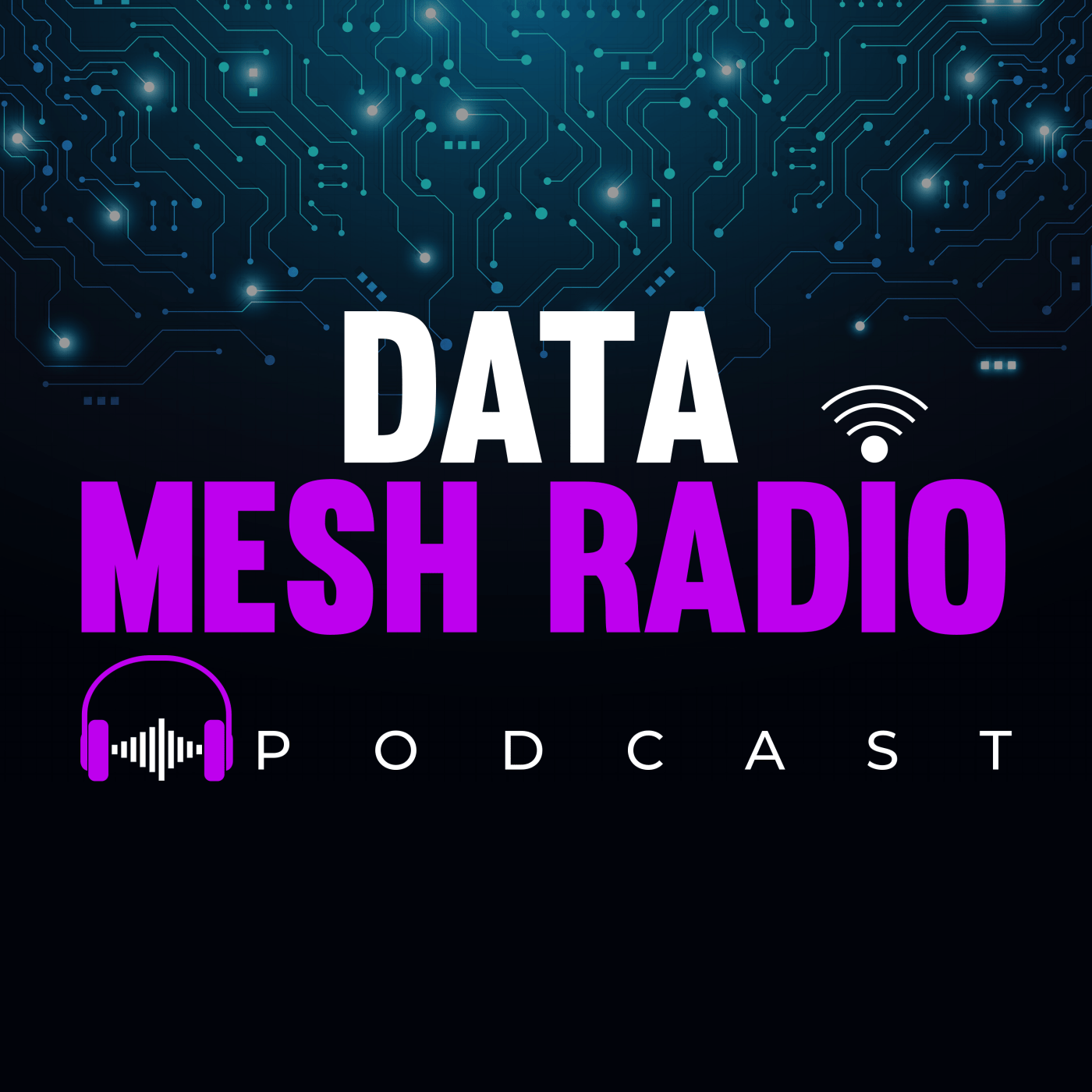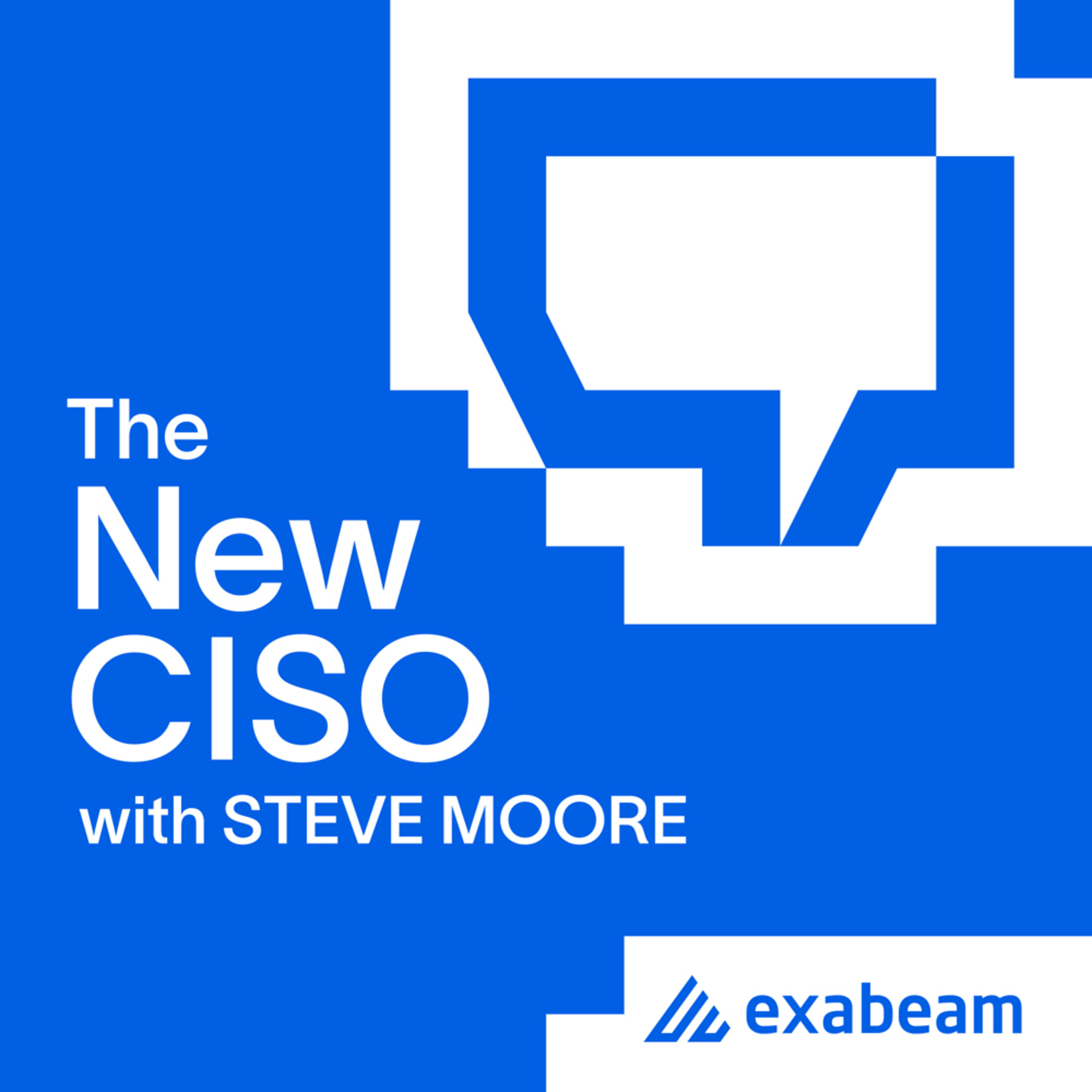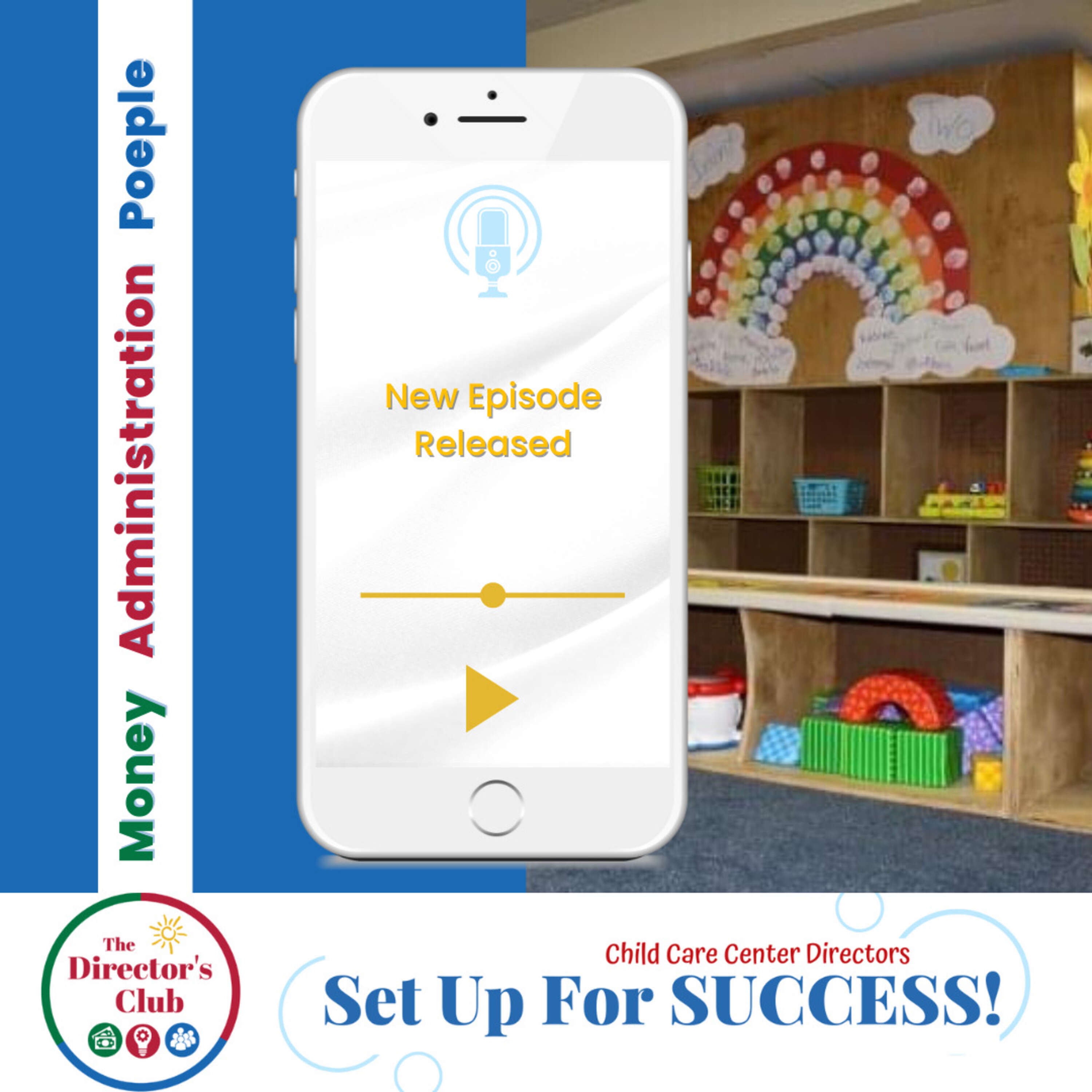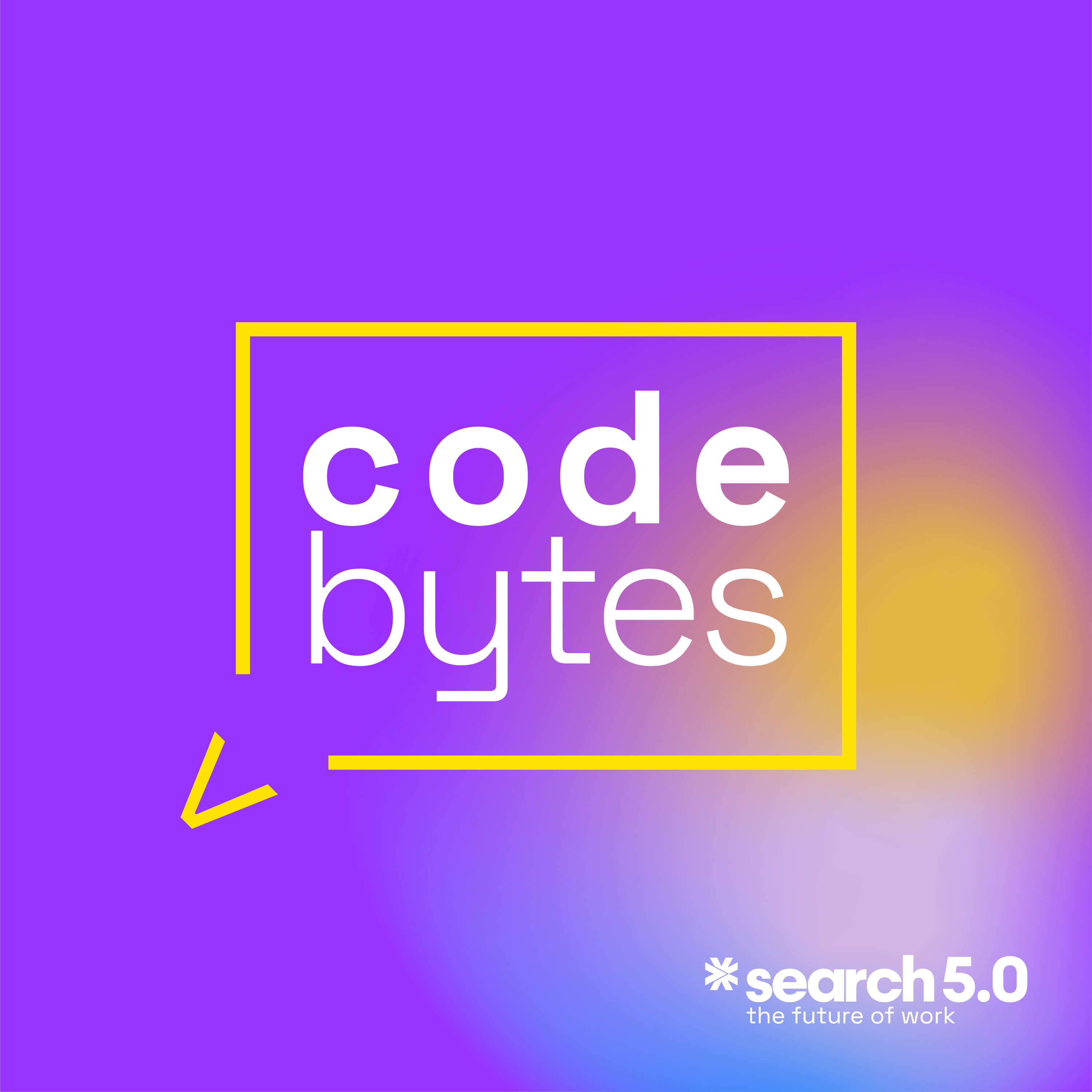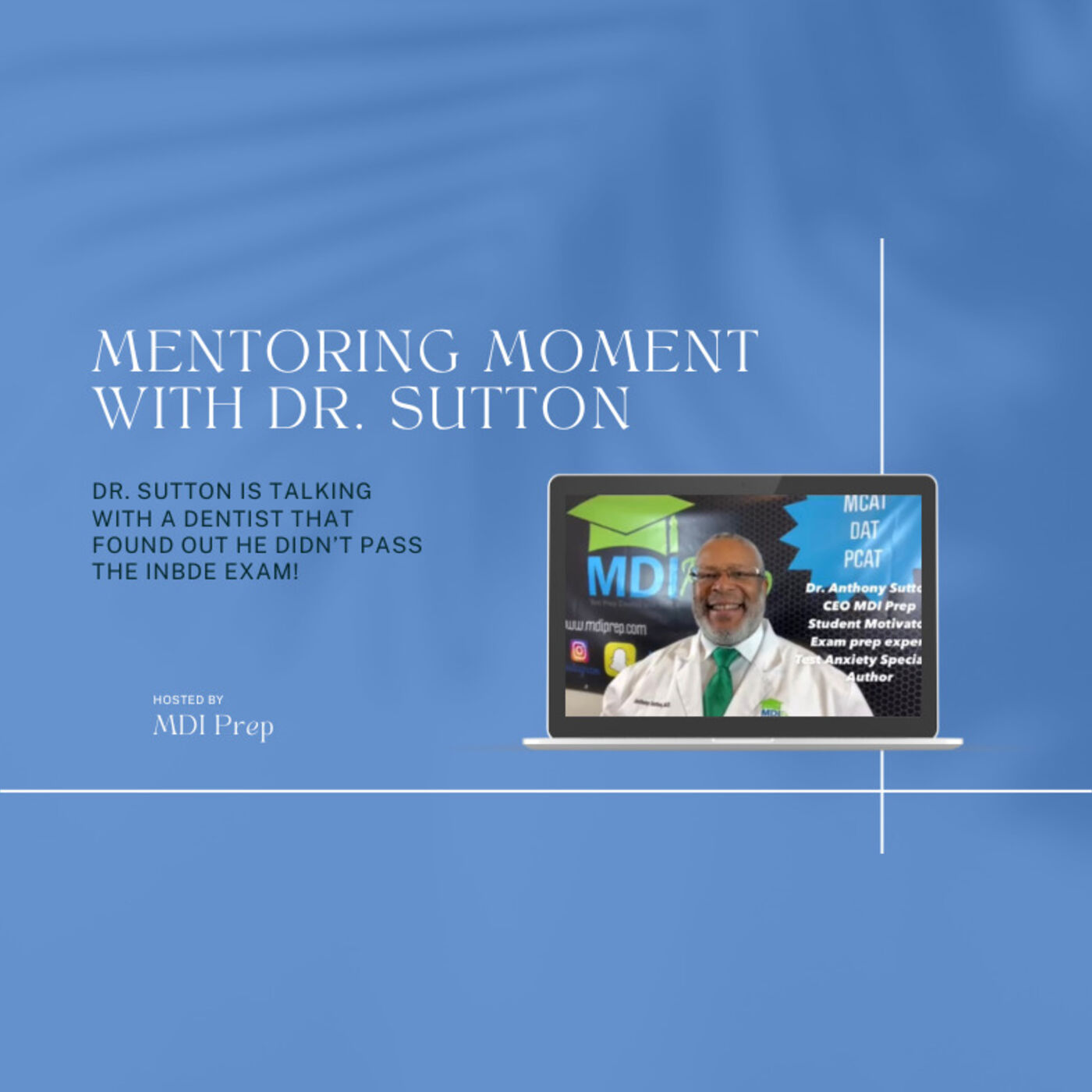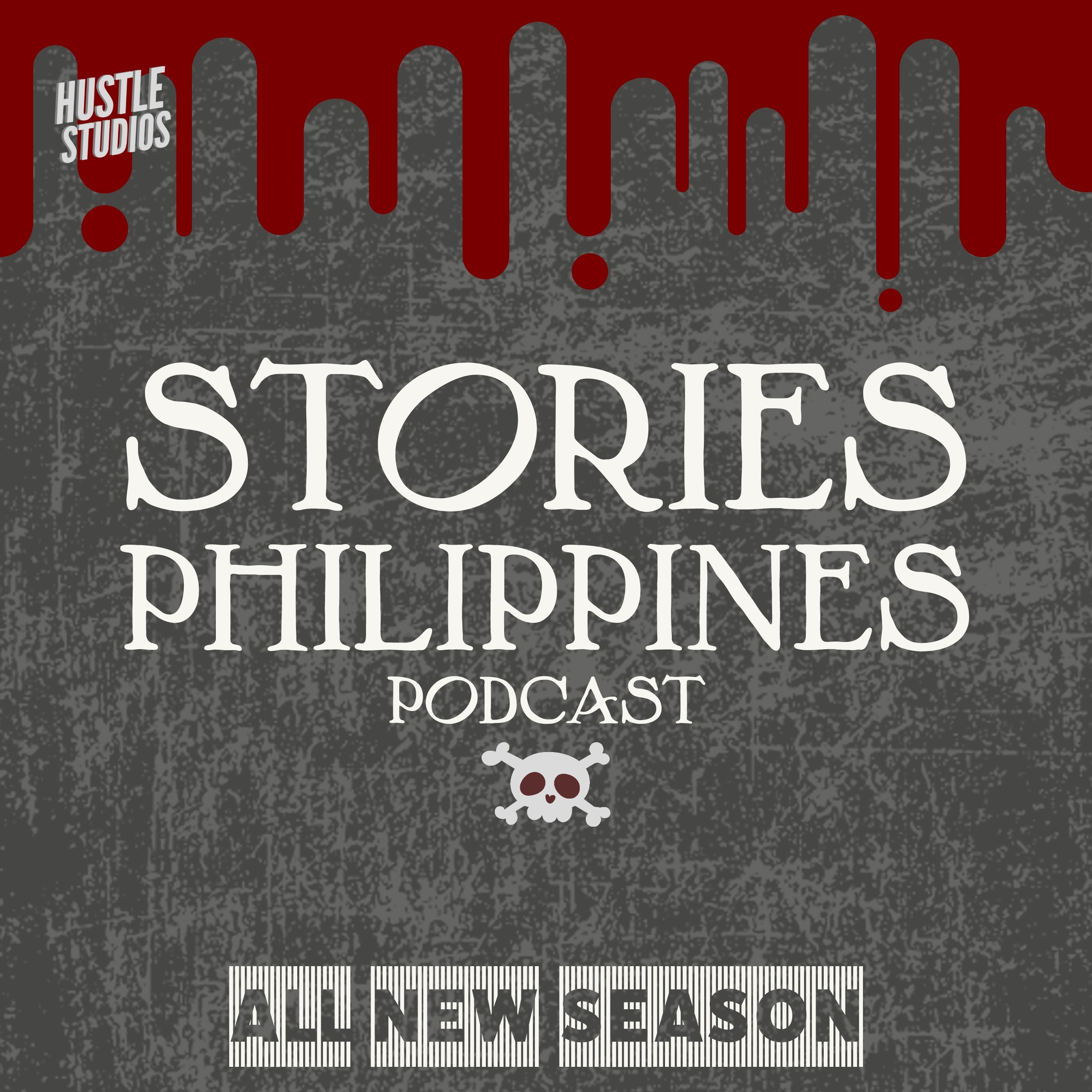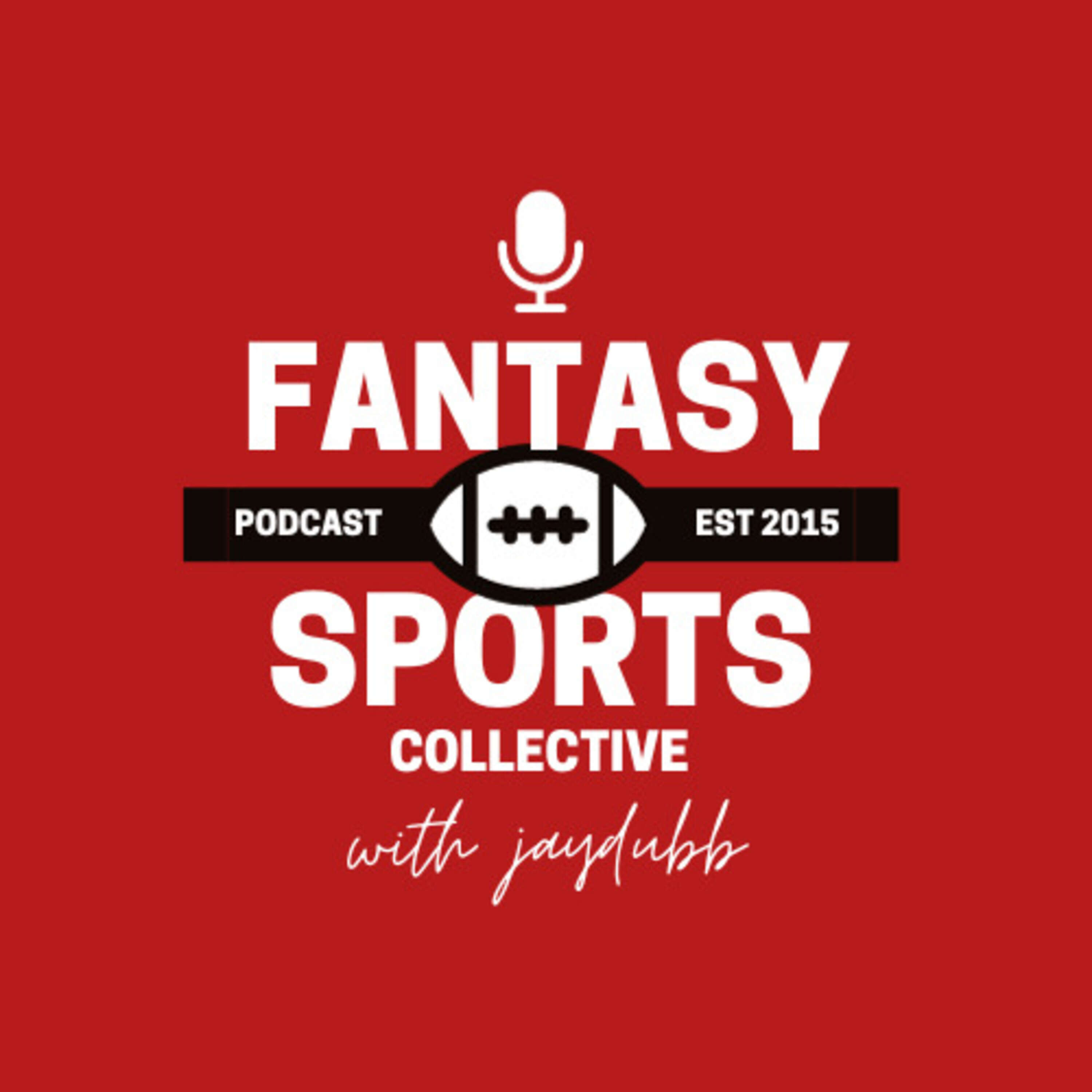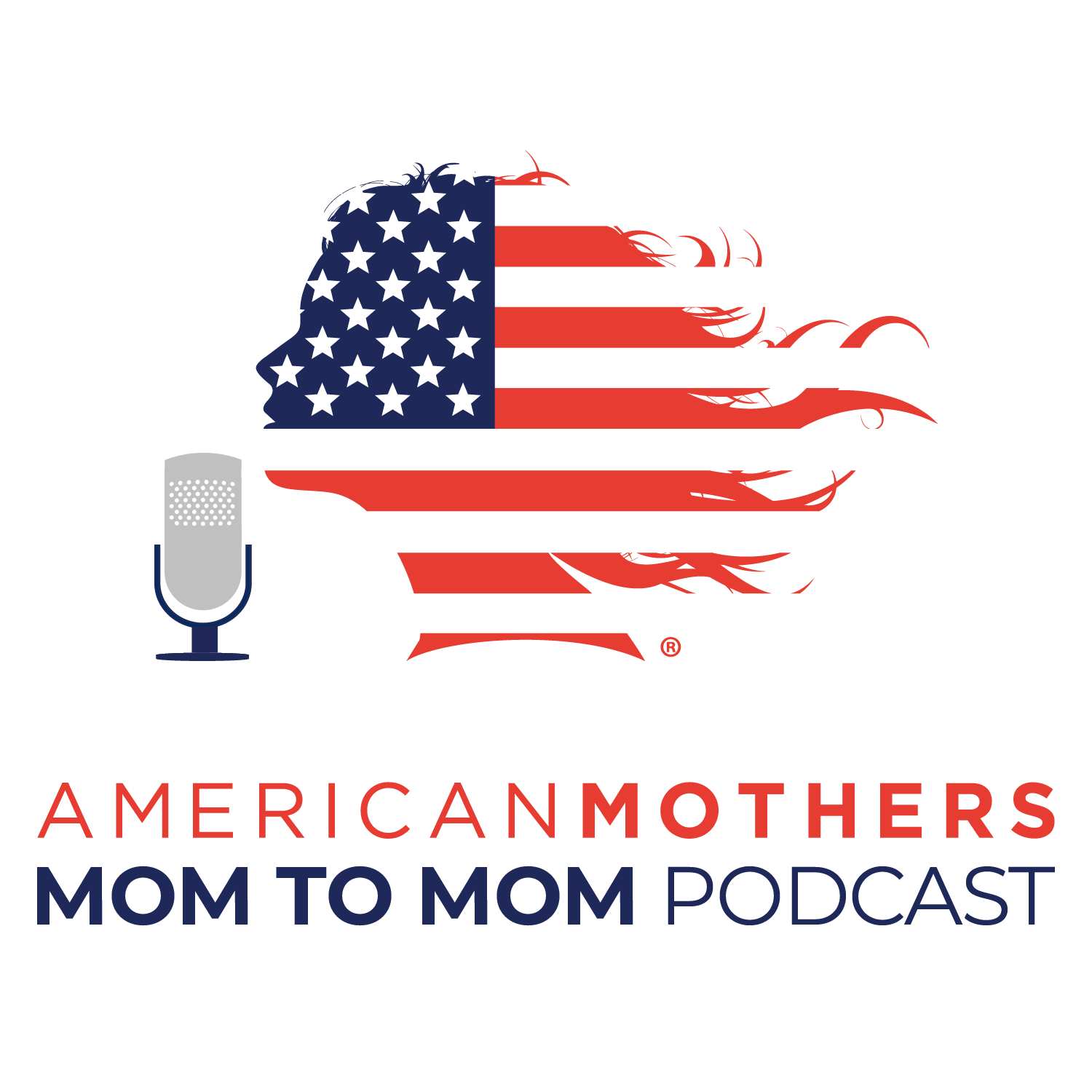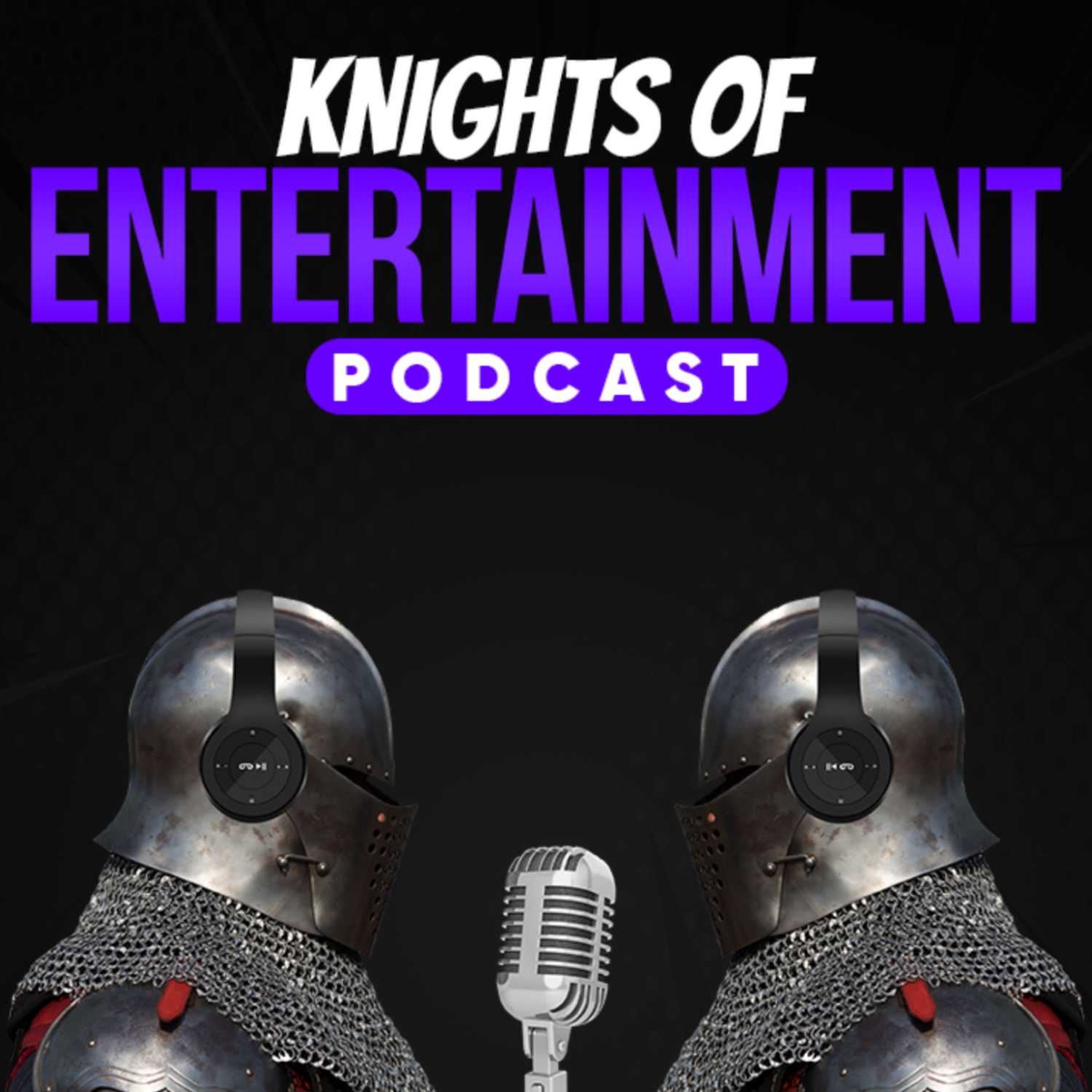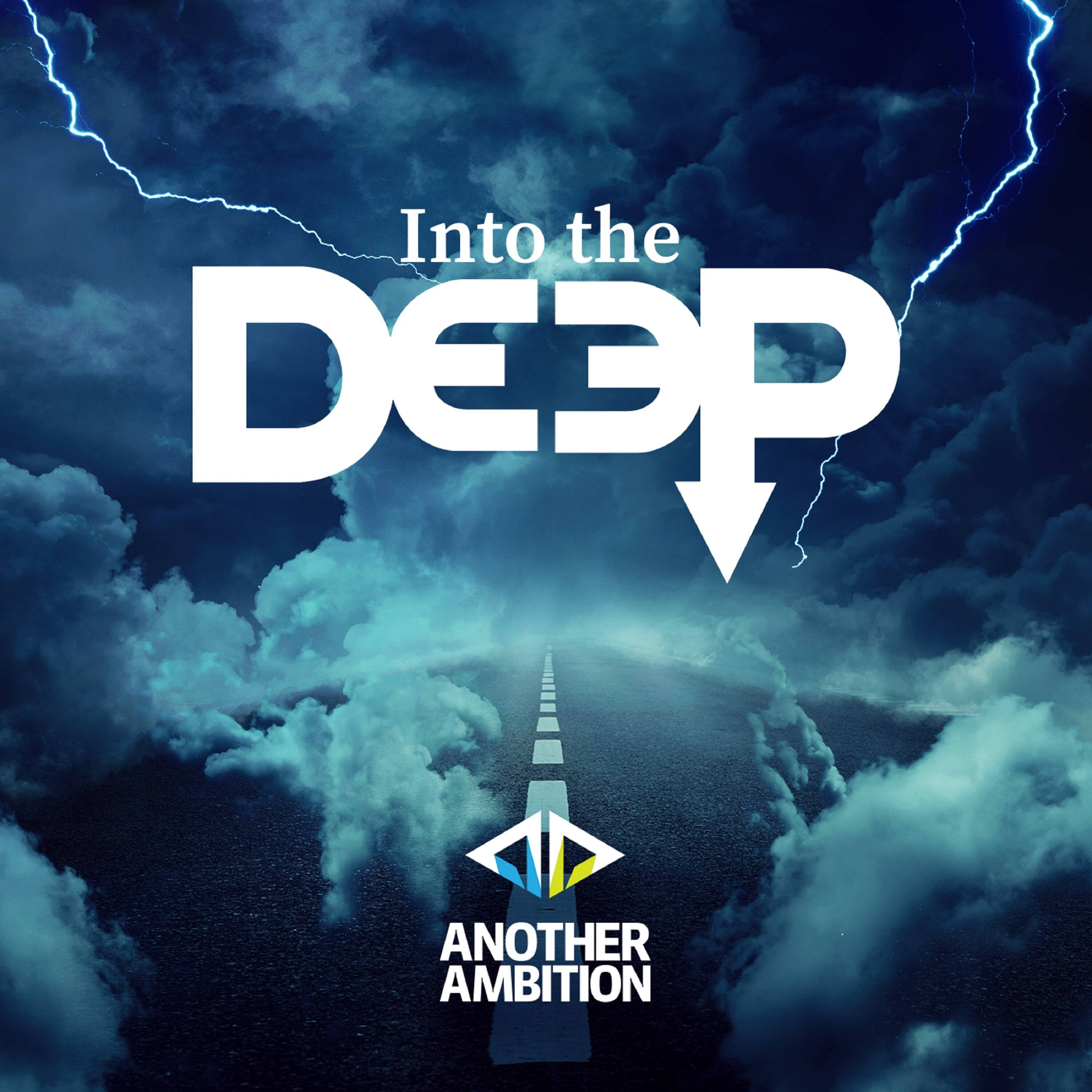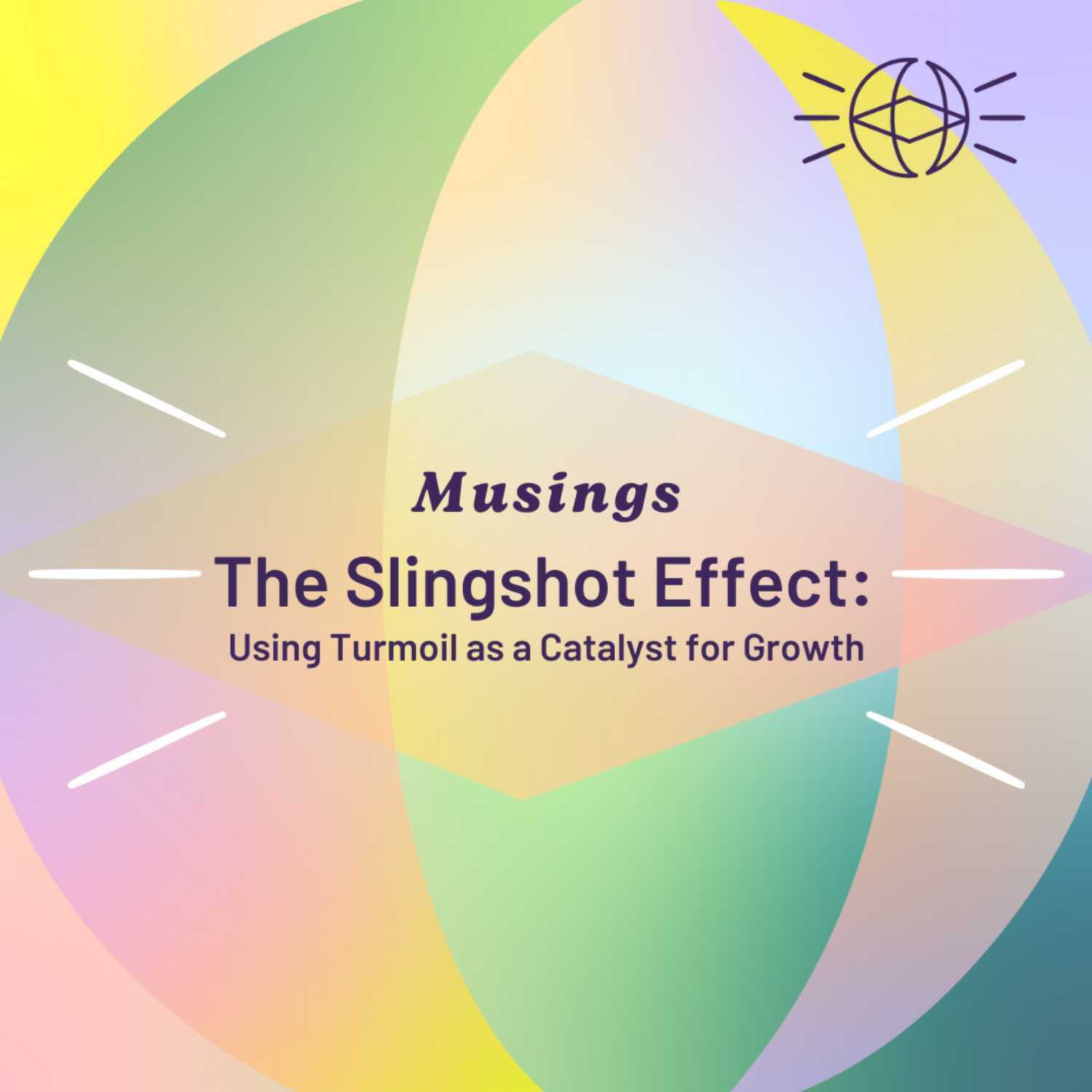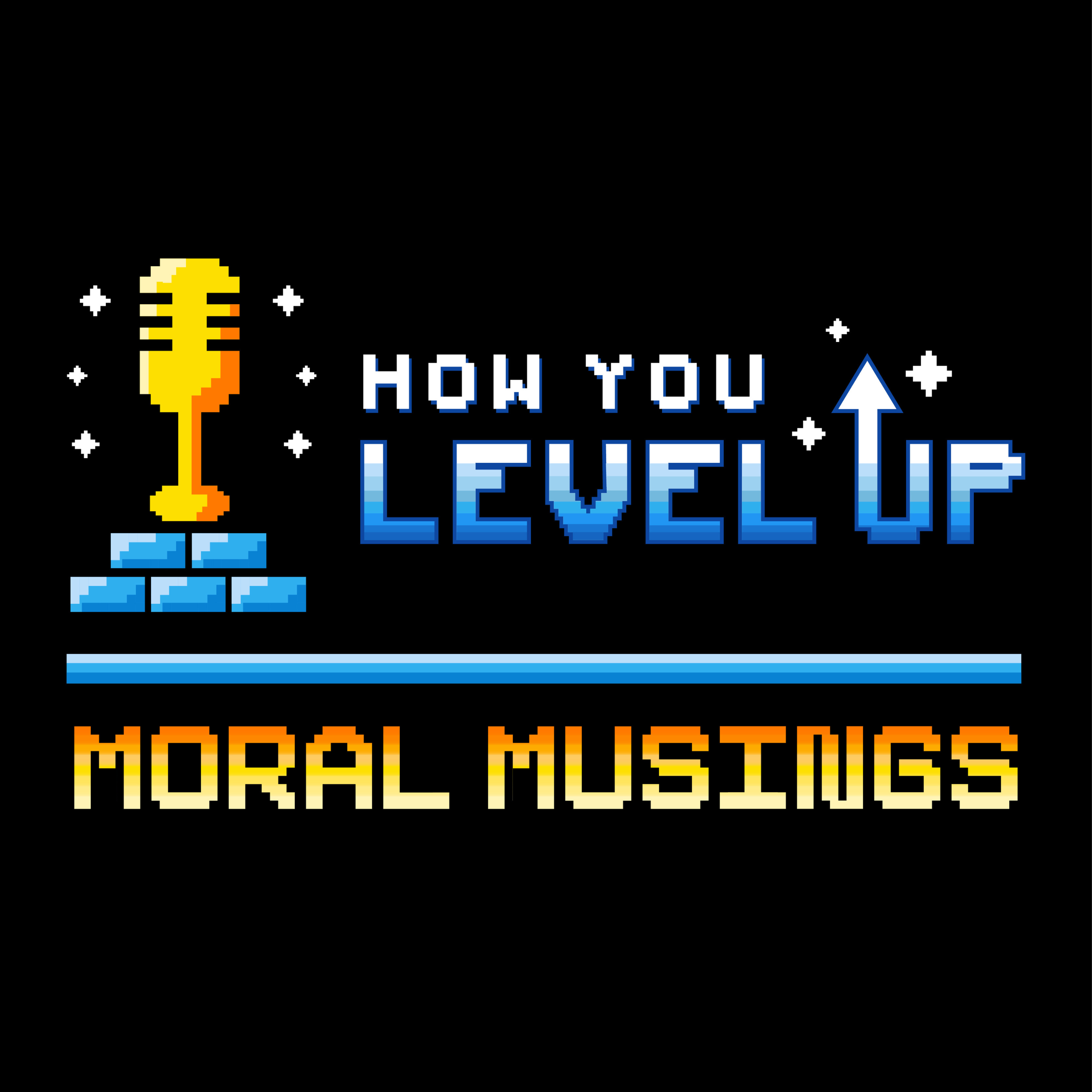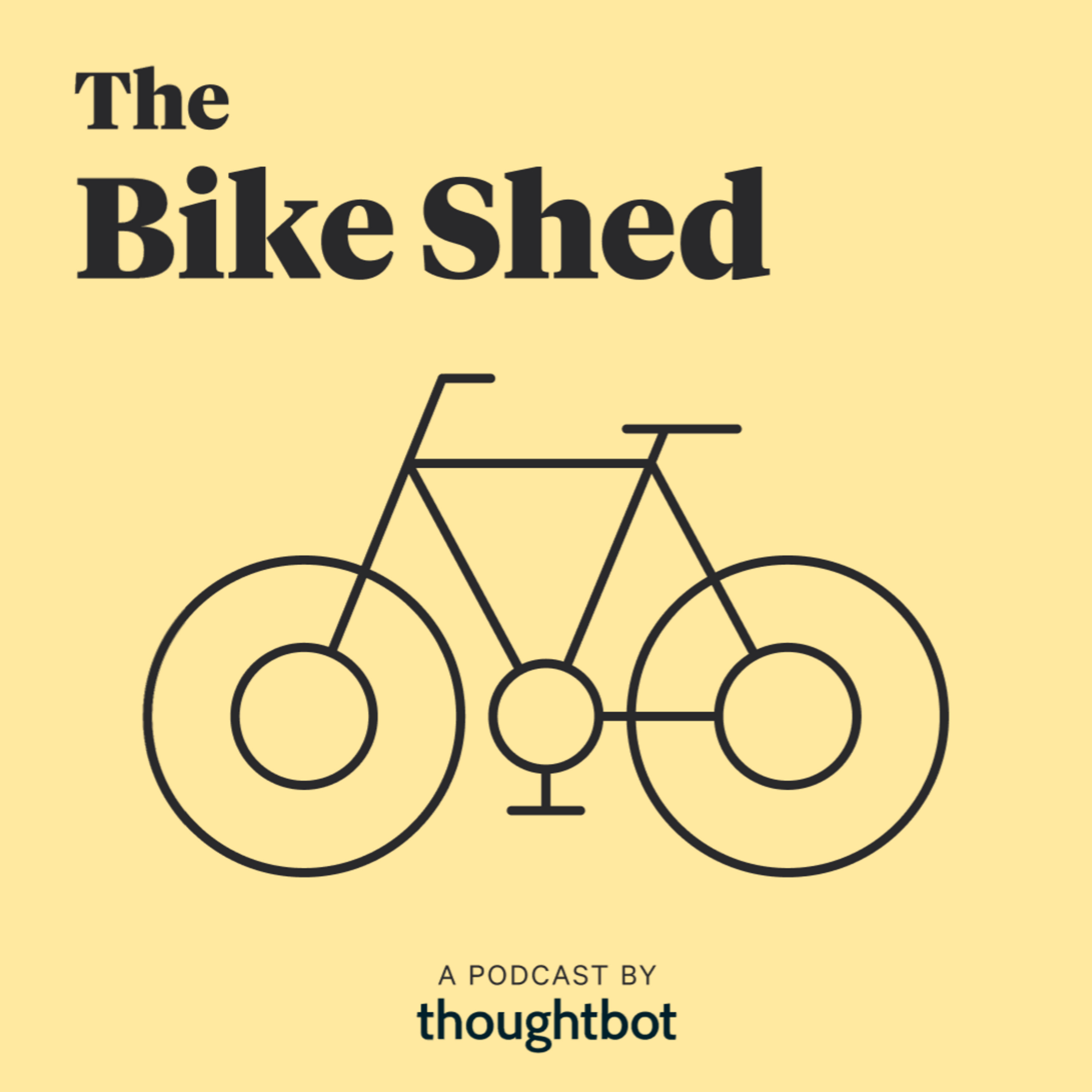402: Musings on Mentorship
Joël describes an old-school object orientation exercise that involves circling nouns in a business problem description. The purpose is determining which nouns could become entities or objects in a system. Stephanie shares she's working from the Hudson Valley in New York as a trial run for potentially relocating there. She enjoys the rail trails for biking and contrasts it with urban biking in Chicago. The conversation between Joël and Stephanie revolves around mentorship, both one-on-one and within a group setting. They introduce a new initiative at thoughbot where team members pair up with principal developers for weekly sessions, emphasizing sharing perspectives and experiences. Socratic method Mentorship in 3 Acts by Adam Cuppy Exercism mentoring Transcript: STEPHANIE: Hello and welcome to another episode of The Bike Shed, a weekly podcast from your friends at thoughtbot about developing great software. I'm Stephanie Minn. JOËL: And I'm Joël Quenneville. And together, we're here to share a bit of what we've learned along the way. STEPHANIE: So, Joël, what's new in your world? JOËL: I was recently having a conversation with a colleague about some old-school object orientation exercises that people used to do when trying to do more of the analysis phase of software, ones that I haven't seen come up a lot in the past; you know, 5, 10 years. The particular one that I'm thinking about is an exercise where you write out the sort of business problem, and then you go through and you circle all of the nouns in that paragraph. And then, from there, you have a conversation around which one of these are kind of the same thing and are just synonyms? Which ones might be slight variations on an idea? And which ones should become entities in your system? Because, likely, these things are then going to be objects in the system that you're creating. STEPHANIE: Wow, that sounds really cool. I'm surprised that it's considered old school or, I guess, I haven't heard of it before. So, it's not something in my toolbox these days. But I really like that idea. I guess, you know if you're doing it on pen and paper, it's obviously kind of timeless to me. JOËL: And you could easily do it, you know, in a Google Doc and underline, or highlight, or whatever you want to do. But it's not an exercise that I see people really doing even at the larger scale but even at, the smaller scale, where you have maybe a ticket in your ticketing system, and it has a paragraph there kind of describing what needs to be done. We tend to just kind of jump into, oh, we're going to build a story and do the work and maybe not always think about what are the entities that need to happen out of that. STEPHANIE: I think the other thing that I really like about this idea is the aligning on shared vocabulary. So, if you find yourself using different words for the same idea, is that an opportunity to pick the vocabulary that best represents what this means? Rather than a situation that I often find myself in, where we're all talking about the same things but using different words and sometimes causing a little bit more confusion than I think is necessary. JOËL: Definitely. It can also be a good opportunity to connect with the product or businesspeople around; hey, here are two words that sound like they're probably meaning the same thing. Is there a distinction in your business? And then, you realize, wait a minute, a shopping cart and an order actually do have some slight differences. And now you can go into those. And that probably sparks some really valuable learning about the problem that you're trying to solve that might not come

